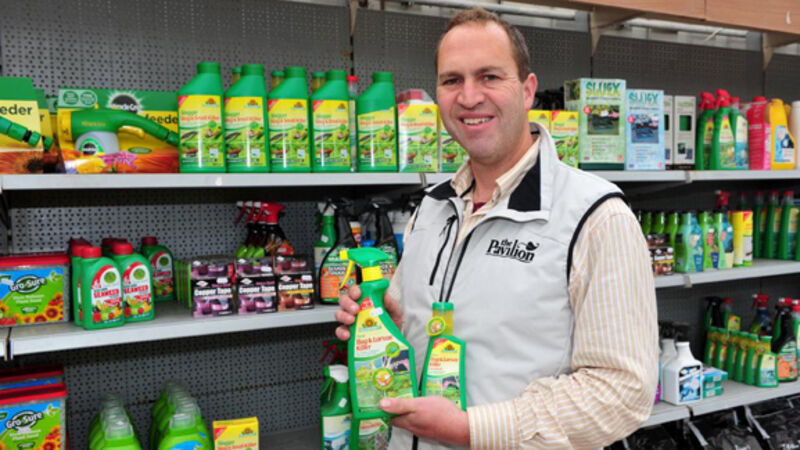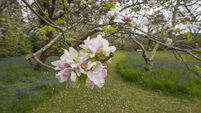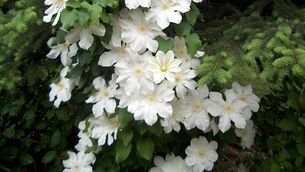Bee careful when using garden remedy sprays

Gardening should be a healthy pursuit. It’s good aerobically, as a day spent weeding, pruning, or planting gets the heart beating, feeding oxygen into the lungs, and gets muscles moving that you may have forgotten that you had.
A good day in the garden can be better than any workout in the gym and the great thing is that you determine the pace to suit yourself; there’s no race.













